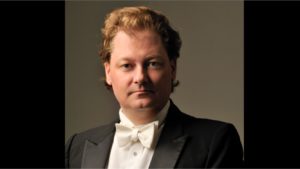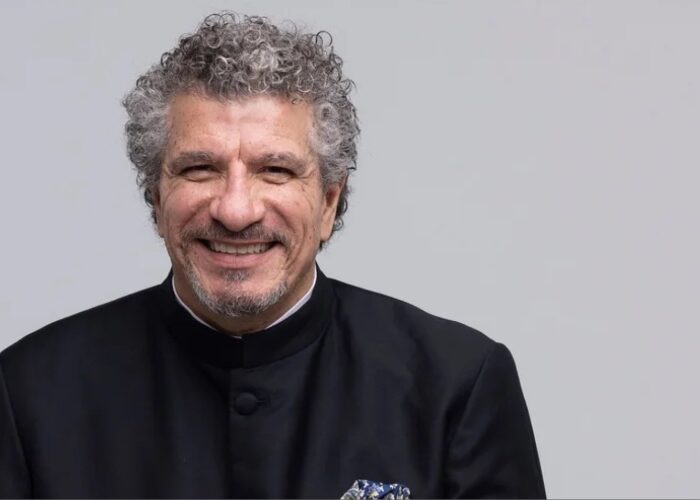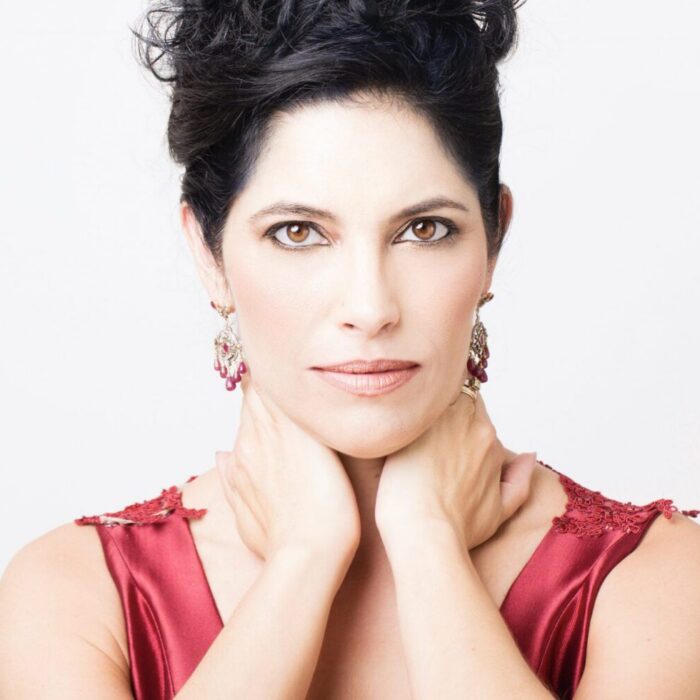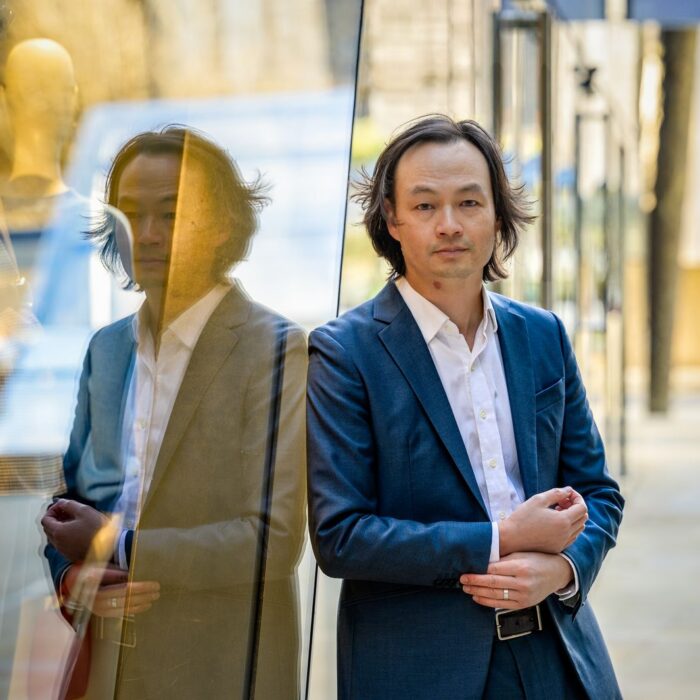
Q&A: Artistic Director John Nardolillo On Working With Young Singers & Mozart At Prague Summer Nights
By Francisco SalazarThe Prague Summer Nights is underway and OperaWire will be providing extensive coverage of the showcase. Produced by Classical Movements, the festival seeks to promote young artists with John Nardilillo as its artistic director and conductor.
Nardolillo has appeared with numerous orchestras including the Seattle, San Francisco, Detroit, Atlanta, Dallas, National, Utah, Columbus, Oregon, Fort Worth, Alabama, North Carolina, Toledo, Vermont and Honolulu Symphony Orchestras.
Nardolillo has also worked with a number of leading artists including Lynn Harrell, Denyce Graves, Christine Brewer, Angela Brown and Cynthia Lawrence and has recorded for Naxos and Albany. He has also led the premiere performance and first recording of Thomas Pasatieri’s “God Bless Us Everyone” and the first recording of Pasatieri’s “Hotel Casablanca.”
OperaWire had the chance to speak to him about his work with the Prague Summer Nights Festival.
OperaWire: What is your responsibility as an artistic director?
John Nardolillo: My responsibility as Artistic Director covers many different areas. One of the most important is to imagine the grand design of the festival and to work with Classical Movements, who organize and run the festival and then teaching artists to develop great ideas and programs. Having a team with extensive and varied experience is very valuable – and opens up new possibilities, such as the festival’s expansion to Salzburg, made possible through Classical Movements’ experience organizing concert tours there.
Once the overall picture and big ideas are in place (“The Marriage of Figaro,” directed by Sherrill Milnes and Maria Zouves, at the Mozarteum in Salzburg!), we work on putting together a great team of colleagues and great artists who are also passionate teachers. Then as a team, we put together our singers and orchestral players—we hear auditions of young artists from around the world, select the best singers and players, and invite them to join us. In the meantime, I coordinate with Classical Movements, who organize the concerts, rehearsal schedules, hotels, buses, sets, props, costumes, music stands and all of the other elements of a month-long opera festival. Finally, when the festival begins, I am also one of the principal conductors, so I lead rehearsals and performances of several orchestra concerts and one of the opera productions.
OW: What are your biggest challenges in doing your job?
JN: For everyone involved in the festival, it’s an enormous challenge to put on a month-long opera festival in Europe—the logistical challenges are truly overwhelming, but the team from Classical Movements is expert at this, with decades of experience managing performance and travel logistics. It’s a challenge to pick from the hundreds of applicants to the festival, and put together the very best cast and orchestra. The festival has musicians from more than 20 countries, so there are sometimes challenges of different cultures and personalities. But it’s a joy to do the work, even when it is difficult.
OW: What is unique about working with Prague Summer Nights?
JN: We have had truly unique performance opportunities, including Don Giovanni in the Estates Theatre, where it was premiered by Mozart, and this year “Marriage of Figaro” and “Magic Flute” in St. Simon and Jude in Prague (the current home of the Prague Symphony, and where Mozart and Haydn performed), and in the Mozarteum in Salzburg, Mozart’s birthplace.
OW: What is it about Prague audiences that is delightful?
JN: The audience in Prague is wonderful for the performers. The audience here is highly educated, culturally speaking, so they have a deep appreciation for the performance if it is good. They are serious and attentive, demanding, but enthusiastic. Since the beginning, we have enjoyed performances of very high standards that have had great success with critics, as well as the general public. It’s the kind of audience that is a joy to perform for.
OW: Tell me about working with the young singers? How do you approach young singers versus more seasoned ones? Why do you think this festival is important and how does it help these young singers?
JN: We love working with young artists at this festival. They are hungry to learn about their craft, and to be good at it; they are willing to work incredibly hard, and we are very fortunate to have some of the best young musicians in the country singing and playing at our festival. For many of them, this is the first time they have performed these great works. They are not afraid of giving moving, passionate performances, and for many of them, it will change their lives, both as people and as performers.
OW: Tell me about performing Mozart and what you find in his music that you can’t find from other composers? Do you have a favorite you like to conduct?
JN: The “Marriage of Figaro” is not just one of the greatest operas ever written—it is one of the greatest accomplishments in the history of humanity. This sublime work is simply astonishing in its beauty and creativity. Many of Mozart’s masterpieces have this same quality. They are astonishing works of art. “The Magic Flute” is quite different from Figaro, but absolutely one of his greatest works.
OW: What is the difference between conducting the Magic Flute and Nozze do Figaro? Do you prefer one to the other?
JN: In this festival, I’ll be leading performances of “Figaro,” while “The Magic Flute” will be conducted by Arthur Fagen, who is Music Director of the Atlanta Opera, and has conducted at every big opera house around the world. I have conducted both “Magic Flute” and “Marriage of Figaro” in the past, and love them both!
OW: Tell me about your collaboration with Sherrill Milnes? How does he approach opera as a director and what makes it so great to work with him?
JN: Sherrill Milnes is simply one of the greatest living artists we have in the opera world. His experience is staggering and it’s amazing to be around him and to have the opportunity to absorb his knowledge about music. I think he approaches directing from the standpoint of a performer, which is always good. His knowledge of the artform is incredibly deep, so he directs with a lively and profound knowledge of how things work on stage, both dramatically and vocally. He’s also a tremendously warm and giving personality, and everyone involved in the production loves working with him.
OW: Are there any operas you want to do with the festival in the future?
JN: I love the idea of doing the Mozart operas in Mozart’s places. It would be fun to do “The Bartered Bride” at the National Theater in Prague, where the piece was premiered by Smetana!


